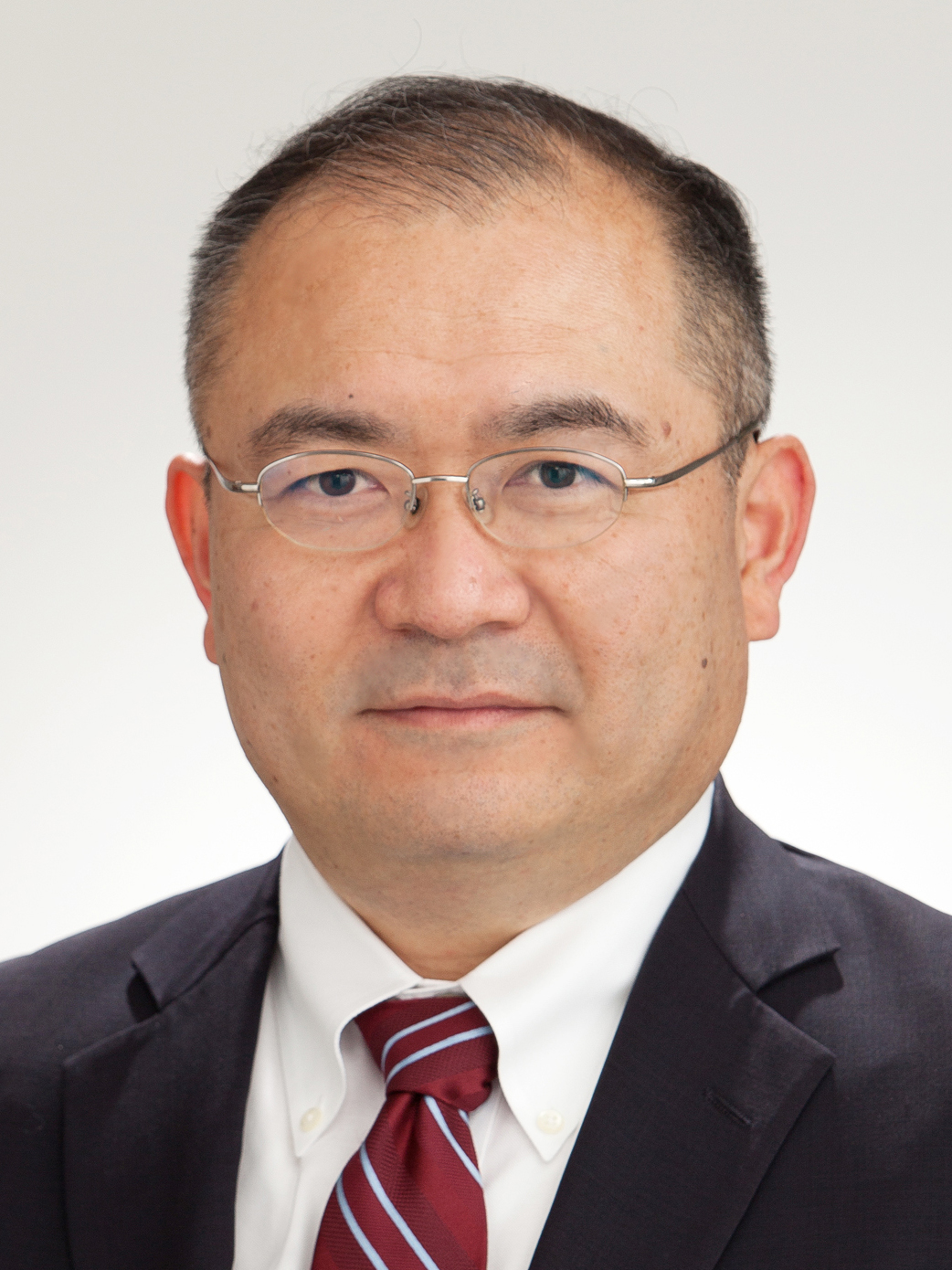
SAITO, Kiyoshi, Director
In order to achieve an 80% reduction in greenhouse gas emissions by 2050, we will need to optimally utilize the total set of various forms of energy, including low-quality heat, not only high-quality electric power and combustion energy, with renewable energy use at the core.
We cannot meet those goals through research and development within the existing vertically segmented academic system. It will be essential to establish innovative theoretical systems that can cross different energy conversion engineering systems, including electrical, mechanical, and thermal energy systems. Waseda University has been exploring the logic of phenomena and the structure of laws for more than 50 years to lead the world in showing that electric circuit theory, which is already firmly systematized, can be used as a common analytical structure to unify system analysis even among different engineering systems; and that by making the through-quantity and the across-quantity common quantities, their product, power, can constitute transformation groups as invariant quantities in energy conversion between systems.
The systematization of thermal energy systems has been left behind because they are extremely complex structures consisting of heat and flow phenomena that change form in a variety of ways, but we have clearly described the structure of flow energy transmission for thermal energy systems, and shown for the first time that network analysis can be achieved by adding specific flow phenomena attributable to blockage or gas-liquid separation to the network structure as constraint conditions on through-quantity. This has meant great progress in analysis systems for thermal energy systems, making direct linkage to equipment development possible. That progress is being applied in the analysis of heat pumps and renewable energy technologies, which are being promoted worldwide due to their energy-saving performance, and joint research with numerous companies as well as large-scale publicly funded R&D are moving ahead.
We will move ahead with co-creation in an open forum of a future energy society including variously converted forms of energy, such as electrical systems, mechanical systems, and thermal energy systems.We will also contribute to the creation of new environmental energy systems, coordinating with resource recycling processes, operational optimization technologies with new sensing technologies, human environmental science, economics, policy, etc.